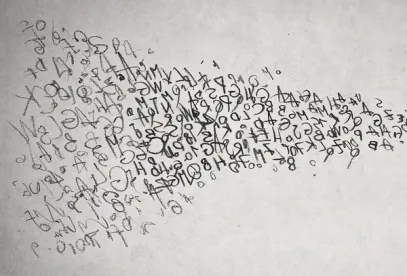As we wrap up another election cycle that has kept “fact checkers” working overtime analyzing the many dubious claims by candidates of all political persuasions, the Seventh Circuit has issued a decision that reminds us of the value of the truth—at least insofar as it concerns truth (or “substantial truthfulness” in this case) as a defense to a claim for tortious interference with contract.
In Wesbrook v. Ulrich, No. 15-3870 (7th Cir. Oct. 20, 2016), a Wisconsin doctor sued two of his colleagues for tortious interference with his employment contract, alleging that statements made by the colleagues to the clinic’s Board of Directors led to his firing. The defendants sought and obtained summary judgment on the grounds that the statements were either true or, at the very least, “substantially true.”
The Seventh Circuit affirmed. Under Wisconsin law, a claim of tortious interference with contract requires as an element that the defendant “was not justified or privileged to interfere” with the contract. While in most cases deciding whether conduct was justified or privileged is a complex fact question left to a fact finder, truth is an absolute defense. Wisconsin courts have long recognized that “transmission of truthful information is privileged,” thereby defeating any claim for tortious interference.
As the Seventh Circuit noted, however, the state courts have not had the opportunity to address whether the privilege for truthful statements extends to statements that are only “substantially true.” Sitting in diversity, the court’s job was to predict how the Wisconsin Supreme Court would rule on this question. It noted that, in the case of defamation, Wisconsin courts have made no distinction between statements that are true and those that are substantially true. In Lathan v. Journal Co., the Wisconsin Supreme Court held fifty years ago that it is not necessary to defeat a libel claim that the “statement in question be true in every particular. All that is required is that the statement be substantially true.” 30 Wis. 2d 146 (1966).
The Seventh Circuit saw no reason to reach a different result for tortious interference claims. Thus, where one of the defendants said the doctor “coerced and intimidated” his coworkers, but could prove only that he intimidated others— not that he coerced them—the court held that the statement was substantially true. Likewise, where one of the defendants said that coworkers “filed complaints” with human resources but could show only that coworkers had complained orally, the statement was substantially true and thus privileged.
While the extent of this privilege for “substantial truth” remains an open question, it seems likely that the Seventh Circuit accurately predicted which way the Wisconsin Supreme Court would rule. The purpose of making truth an absolute defense to defamation and tortious interference claims is that society has an interest in allowing people to communicate truthful information without fear of reprisal or legal liability.



 />i
/>i

